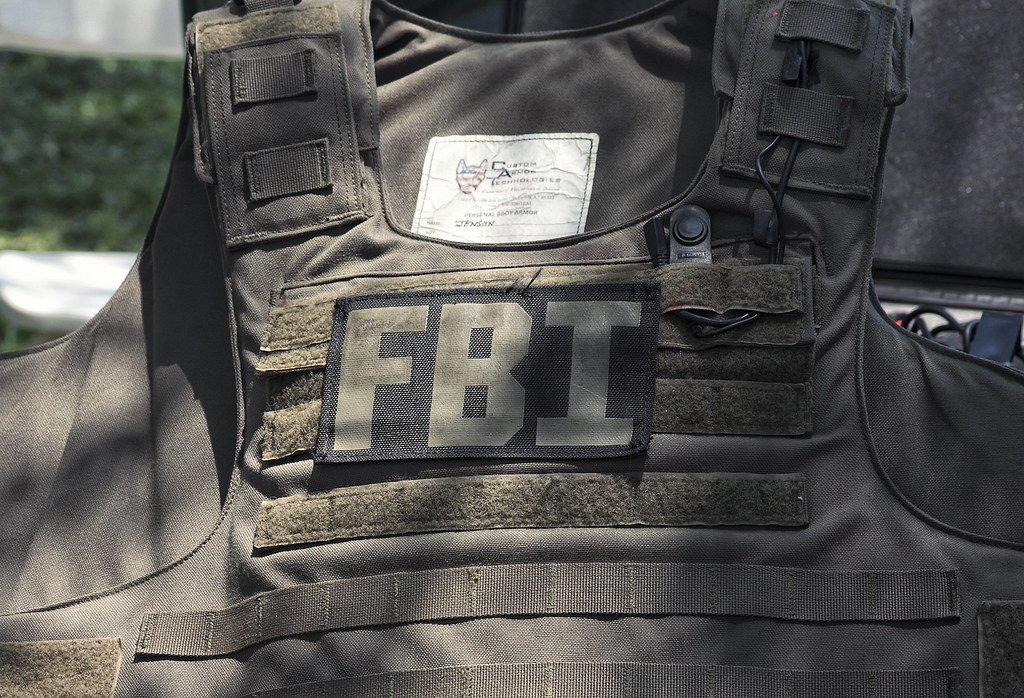Key takeaways:
- The Department of Justice withdrew a letter that implied an FBI agent was under review.
- The letter suggested retaliation for Sandy Hook families’ lawsuits against Alex Jones.
- The agent, William Aldenberg, was not actually under investigation.
- The DOJ officially retracted the request for information and cleared the agent.
A recent incident stirred public concern when the Department of Justice sent a letter hinting that an FBI agent was being investigated. The agent, William Aldenberg, worked on the Sandy Hook school shooting case. Families of Sandy Hook victims had sued conspiracy theorist Alex Jones. Aldenberg joined them as a plaintiff. At first, the letter implied he might be under criminal review for personal gain. However, the DOJ quickly pulled back its claim.
The Retracted Letter and Its Claims
In the letter, Ed Martin led questions about whether the FBI agent benefited from the lawsuit. He wrote that criminal laws protect citizens from government employees acting for personal gain. He urged Aldenberg’s attorney to review those laws.
Alex Jones posted the letter on social media site X. He claimed it showed the government targeting those who challenged him. This sparked wide discussion. People wondered if the DOJ was punishing an agent for doing his job.
Ed Martin heads the DOJ’s Weaponization Working Group. This group checks for misuse of government power. When he sent the letter, it seemed to accuse the FBI agent of acting for personal benefit. That suggestion fueled concerns about fairness and bias.
The letter asked Aldenberg’s attorney to share any details about his decision to join the lawsuit. It hinted at a formal inquiry into the agent’s motives. Many found this unusual. It seemed the agent faced extra scrutiny just for seeking justice.
Why the FBI Agent Investigation Notice Was Withdrawn
Soon after the letter went public, media reports followed. They showed the DOJ sent a second letter. In it, Ed Martin fully withdrew his first message. He apologized and made clear that no investigation was open.
In the new letter, Martin said the FBI agent investigation claim was incorrect. He wrote, “Aldenberg is not under investigation. Because of this, I withdraw my request for information.” This short note reversed the earlier suggestion of wrongdoing.
Moreover, the DOJ stated it had made a mistake. The agency did not offer details on how the error occurred. Still, the quick retraction helped calm public worries. It also underscored the need for careful review before sending sensitive letters.
What This Means for the FBI Agent
Now, William Aldenberg can see his name cleared. No inquiry or probe will follow. He can return to his duties without extra pressure. His role as an FBI agent remains intact.
At the same time, this case highlights how small errors can cause big concerns. When agencies send letters hinting at criminal probes, people notice. Even a brief implication that an agent faces unfair scrutiny can damage trust.
Fortunately, the DOJ fixed the mistake fast. As a result, the FBI agent investigation claim will not linger. Aldenberg can move on without the shadow of doubt. He can focus on his work rather than defending his actions.
Reactions and Next Steps
Many observers praised the DOJ for acting quickly. They noted that admitting a mistake shows responsibility. However, others called for deeper changes. They want clearer steps to avoid such errors in the future.
Some legal experts suggest adding extra reviews before sensitive letters are sent. They argue that a second check could catch false statements. In addition, they say public trust in government hinges on accurate communication.
Meanwhile, civil rights groups say this incident shows the power of public scrutiny. When Alex Jones posted the letter, social media users rushed to discuss it. That public pressure helped speed the DOJ’s response.
For now, the main lesson is clear. Agencies must handle claims of investigation with care. Otherwise, they risk harming reputations and eroding trust. As a result, many expect new guidelines to prevent repeat mistakes.
Looking Ahead
Going forward, the DOJ may update its internal policies. It might require higher-level sign-offs for letters hinting at criminal matters. This extra step could protect employees and preserve the agency’s image.
In addition, lawmakers may hold hearings to examine how the error happened. They could call officials to explain the Weaponization Working Group’s processes. Their questions might uncover gaps in training or oversight.
At the same time, the public will watch how the DOJ treats similar cases. If officials keep sending misleading letters, trust will drop further. However, swift corrections can rebuild confidence over time.
Ultimately, the quick fix in this case shows that even big agencies can correct course. With open communication and better checks, mistakes will lessen. That helps everyone—from agents in the field to families seeking justice.
FAQs
What led to the letter about the FBI agent?
A DOJ official sent it after spotting the agent’s name in a lawsuit. He feared a conflict over personal gain.
Why did the DOJ retract the letter?
Officials realized the letter wrongly implied an open probe. They then withdrew it to clear the agent’s name.
Is the FBI agent facing any charges?
No. The DOJ confirmed that no investigation is open and the agent faces no charges.
Will this change how the DOJ works?
Likely. The agency may add review steps for sensitive letters to avoid future mistakes.
